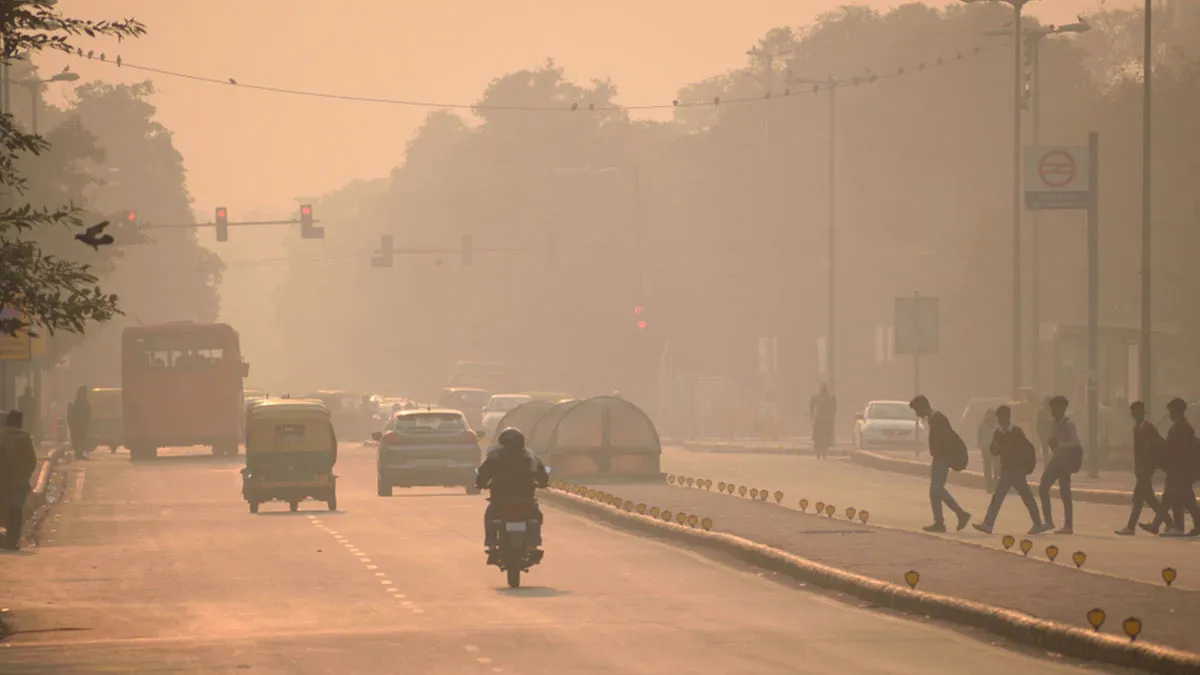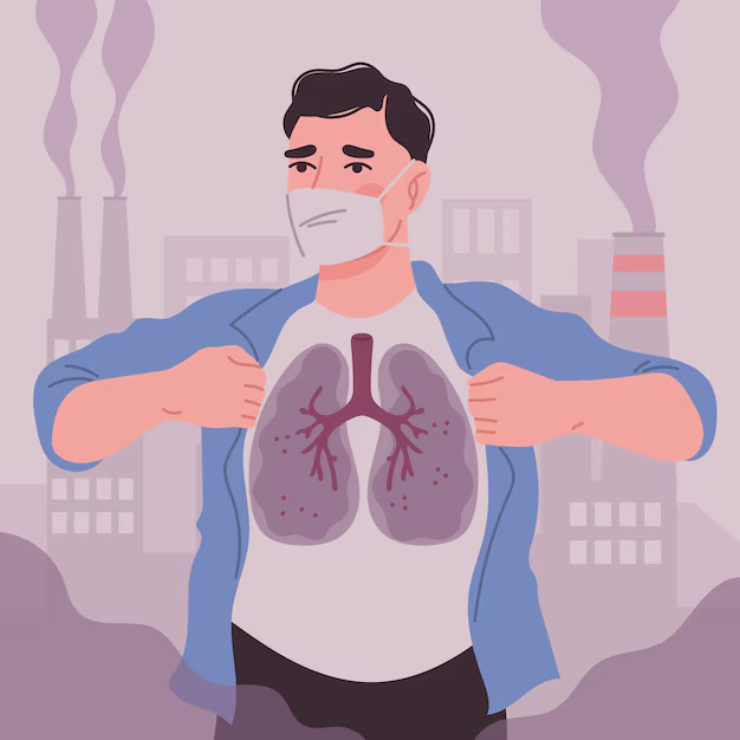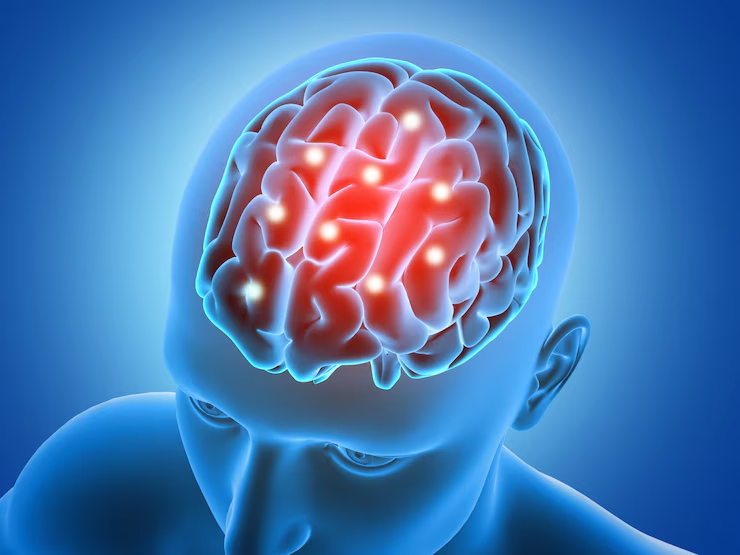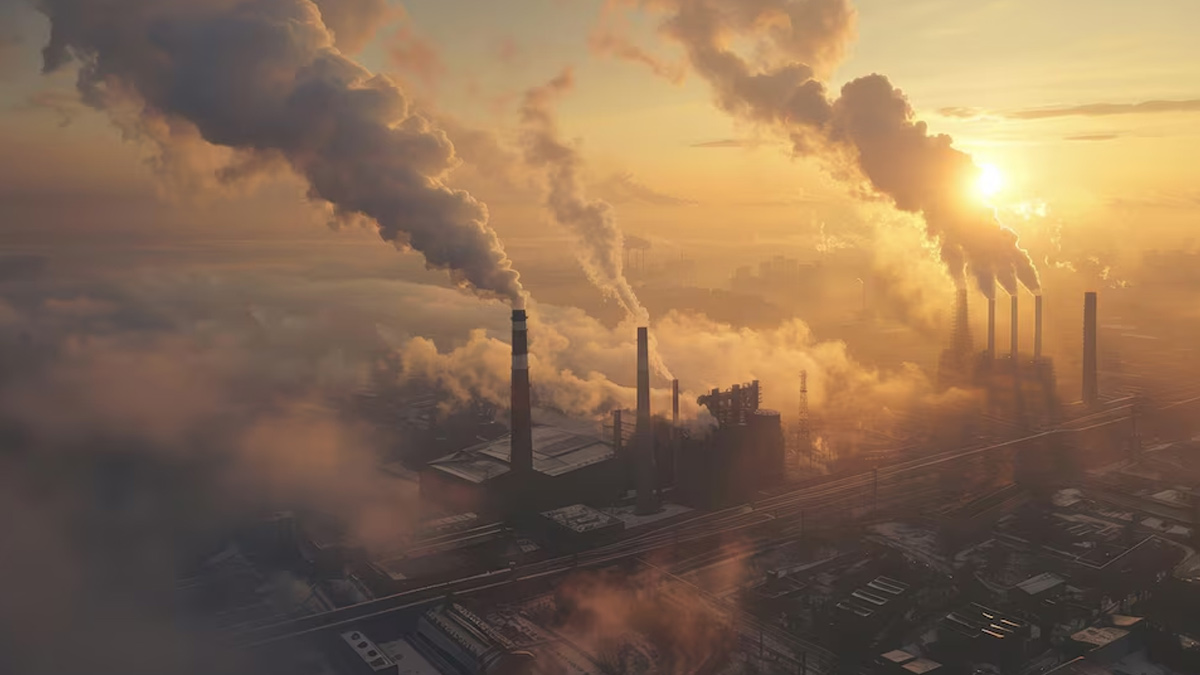
Imagine taking a deep breath, expecting a dose of fresh, life-giving air, only to unknowingly inhale microscopic invaders that silently wreak havoc on your health. This is the grim reality for millions living in polluted urban hubs like Delhi-NCR, where ultrafine pollutants, such as PM2.5 and PM10, have transformed the air into a toxic cocktail. These invisible particles, small enough to penetrate deep into our lungs and bloodstream, are linked to a host of chronic diseases, silently undermining our health every day.
To understand the long term effects of breathing in air filled with ultrafine pollutants, OnlyMyHealth team interacted with Dr Aabid Amin Bhat, MBBS, MD (internal medicine), Medical Director, Ujala Cygnus Sanjiv Bansal Hospital, Karnal.
Health Risks of Ultrafine Pollutants
Dr Bhat warns, “Prolonged exposure to ultrafine atmospheric pollutants, such as PM2.5 and PM10, poses significant health risks, particularly in regions like Delhi-NCR, where pollution levels frequently exceed safe limits. These microscopic particles act as silent aggressors, triggering and exacerbating a range of chronic conditions, including heart disease, lung cancer, chronic obstructive pulmonary disease (COPD), and stroke.”

The danger is magnified for vulnerable populations, including children, pregnant women, and the elderly. For instance:
- Children face reduced lung development, increased asthma risks, and potential neurological impairments.
- Pregnant women may experience adverse birth outcomes like pre-term births and developmental delays in newborns.
- Elderly and immunocompromised individuals are at heightened risk of cardiovascular events, respiratory complications, and premature mortality.
Also read: Amid Deteriorating Air Quality, Could Artificial Rain Provide Relief? Here's An Explainer
Widespread Impacts Beyond Respiratory Health

The detrimental effects of air pollution extend well beyond respiratory ailments. Emerging evidence links air pollution to neurological health issues, including cognitive decline, depression, and neurodegenerative diseases like Alzheimer’s and Parkinson’s. Dr Bhat explains that pollutants also weaken the immune system, “Persistent exposure reduces the body’s ability to recover and increases susceptibility to infections.” Additionally, metabolic disorders, including diabetes, are increasingly associated with pollution-induced systemic inflammation.
The broader implications also include:
- Economic burdens due to rising healthcare costs and reduced workforce productivity.
- Environmental degradation leading to acid rain, diminished agricultural yields, and biodiversity loss.
Solutions

Addressing the health and environmental crisis requires collective action at every level. Key measures include:
Stricter Emission Regulations: Enforcing policies to control emissions from industries, vehicles, and power plants.
Sustainable Urban Planning: Cities must adopt green infrastructure and promote public transportation to reduce fossil fuel dependence.
Advancing Clean Energy Solutions: Shifting to renewable energy sources such as solar and wind can significantly reduce pollution at its source.
Public Awareness: Community education campaigns can foster behavioral changes, such as reducing waste burning and planting trees.
Scientific Innovations: Investment in pollution-monitoring technologies, advanced filtration systems, and air purifiers can mitigate exposure.
The Need for Immediate Action
“Clean air is not a luxury—it is a fundamental human right,” asserts Dr Bhat. The urgency to address air pollution is about more than today’s health; it’s about protecting future generations. Without immediate and sustained efforts, we risk worsening public health outcomes and environmental decay.
The path forward demands a coordinated effort. Governments, industries, and individuals must take responsibility to combat pollution. By fostering community action, implementing stricter regulations, and investing in clean energy, we can pave the way for a healthier, more sustainable world.
In the words of Dr Bhat, “The fight against air pollution is not just about survival but about thriving in a world where clean air becomes a cornerstone of well-being.” Let us embrace the challenge and work collectively to restore the balance between humanity and the environment.
Also watch this video
How we keep this article up to date:
We work with experts and keep a close eye on the latest in health and wellness. Whenever there is a new research or helpful information, we update our articles with accurate and useful advice.
Current Version